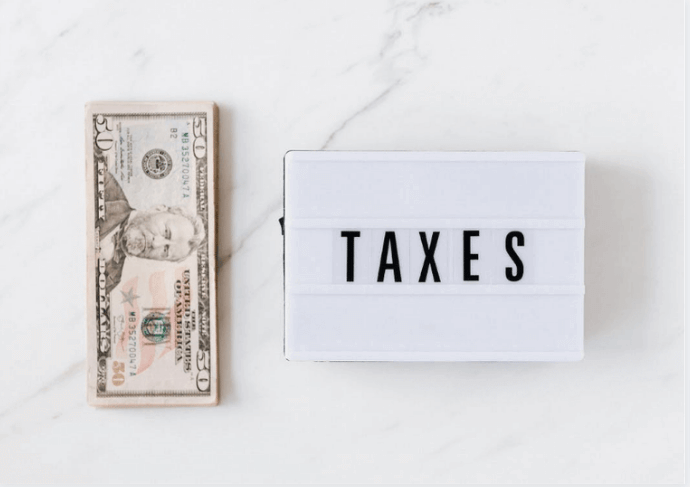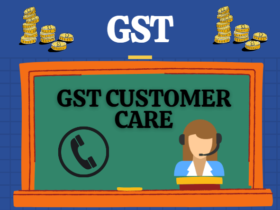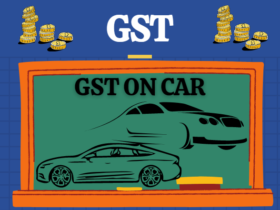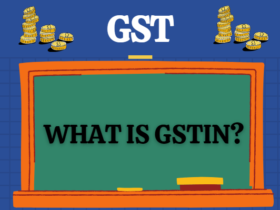An income tax return is a financial charge levied by the Central or State Government on the citizens of a country for carrying out developmental activities.
The tax collected for the construction and maintenance of infrastructure and for the welfare of the nation. Although a tax mandatory fee that individuals or groups required to pay. It charged to one who able to pay it.
This means that tax collected according to the income slab fixed by the government.
Here are some Important terms of Income Tax return as following.
Important terms of Income Tax return
1. TDS
TDS means tax deducted at source. The TDS amount deposited by any other taxpayer to the Income Tax Department.
As per the Income Tax Act, 1961, every person or company is required to deduct tax at source to make some type of payment above a specified limit.
TDS paid on rent, salary, commission, the interest rate earned from banks, interest on securities, and professional fees, among others.
It usually deducted by the employer or an assessor’s deductor. The deduction of TDS reduces the tax liability of the taxpayer as the charges on these taxable items already paid at the time of payment.
The tax deducted at source or TDS is an income tax provision in which an individual or paying company deducts a certain amount based on a specified threshold.
The deducted amount has to submit by the deductee (person or company who has deducted the amount) with the Income Tax Department within a certain time period.
2. Advance Tax
Advance tax, as the name suggests. A tax paid to the Income Tax Department on a regular basis rather than as a lump sum.
Therefore, Under the advance tax payment, the tax paid before the end of the financial year; Thus, it the tax paid in advance.
This tax also called ‘as pay’ because you earn tax ‘. The reason for this that the tax paid by the taxpayer when the income earned.
However, The advance tax has to paid by the taxpayers when TDS less than the total tax liability deducted which has to pay in a year.
The advance tax has to paid by the Income Tax Department if the total tax liability exceeds Rs 10,000 per year. It paid by self-employed professionals along with other sources of income by salaried individuals.
However, in some cases, advance tax exemption given. Such as in the case of non-earning of senior citizens above 60 years of age and for salaried individuals who have salary only as a source of income. Further, if TDS more than the tax liability deducted, then one exempted from paying income tax.
READ ALSO : What is Income Tax meaning? Different Types in India
3. HRA exemption
HRA means House Rent Allowance. It is a component of income provided in the form of house rent which is mentioned under the salary provided by the employer to the employer.
The HRA component provides tax benefits to the employee every year under section 10 of the Income Tax Act, 1961. Salaried individuals can avail of the exemption partially or fully with the HRA by opposing the old tax regime.
Therefore, a house rent allowance is provided by the employer to meet the cost of renting the house to the employee in the city of the workplace.
Eligibility for Availing HRA Exemptions
1. The person should be a salaried employee.
2. He has the HRA component in his salary structure.
3. He should be living in rented accommodation.
HRA Exemption Rule
1. The actual rent paid minus 10% of the basic salary + DA (Dearness Allowance)
2. In case an employee is staying in a metro city, 50% of the basic salary and 40% if he lives in a non-metro city.
3. The total amount received as HRA from the employer.
4. Income Tax Assessee
An income tax assessor is a person who is liable to pay tax for any income or loss in a financial year.
Thus, any person who has paid tax in the previous year may be called the Income Tax Assessor. The income tax assessee can pay tax not only on his own behalf but also on behalf of others.
However, A person paying tax on his or her own behalf is called a general assessee, while a person paying tax on behalf of others is called a representative assessee. The representative assessee is usually required by non-resident individuals, minors, or lunatics.
Benefits of Income Tax return
- Taxes help the authorities to provide public services and develop amenities such as parks, Government hospitals, subsidies, and schools, among others.
- Taxation adds more to the economy as the Government revenue increase due to tax.
- Taxes help the government to develop a standard of living for people as they pay for sanitation, health care, and education among others, along with tax facilities.
- Apart from the government, paying taxes is beneficial for the people as well as timely payment of this compulsory fee helps one to get their visa application for easy approval, as paying the tax on foreign trips. Is it an important checkmate?
- Taxation documents such as income tax returns help taxpayers apply for loans and credit cards. This is because the ITR return document also serves as income proof.
- Paying taxes also helps in obtaining compensation in case of accidents or unfortunate events, as compensation can be obtained only if no one has any tax liability in his name.
- Paying tax on time can also help with high cover life insurance ranging from Rs 50 lakh to Rs 1 crore.
Tax Penalties
Paying taxes a compulsory fee obligated to pay those with qualified income. Thus, non-payment of these taxes on time may thus attract penalties. The penalties for non-payment of taxes listed as follows:
- Partial or whole failure to pay the tax can lead to one’s termed as a defaulter. As per section 140A (1).
- As per section 221 (1), one can even ask to pay a penalty equal to the arrear.
- In addition to that, in case any income source or earning concealed or hidden. A fine of 100% to 300% can be imposed as per section 271(C).
- When one fails to respond to the tax notice. The defaulter may be asked to submit the details of all assets and liabilities in writing. This is applicable under section 142 (1) or 143 (2).
FAQ
READ ALSO : How to Build Credit With Credit Cards
READ ALSO : What Is a Credit Score?









